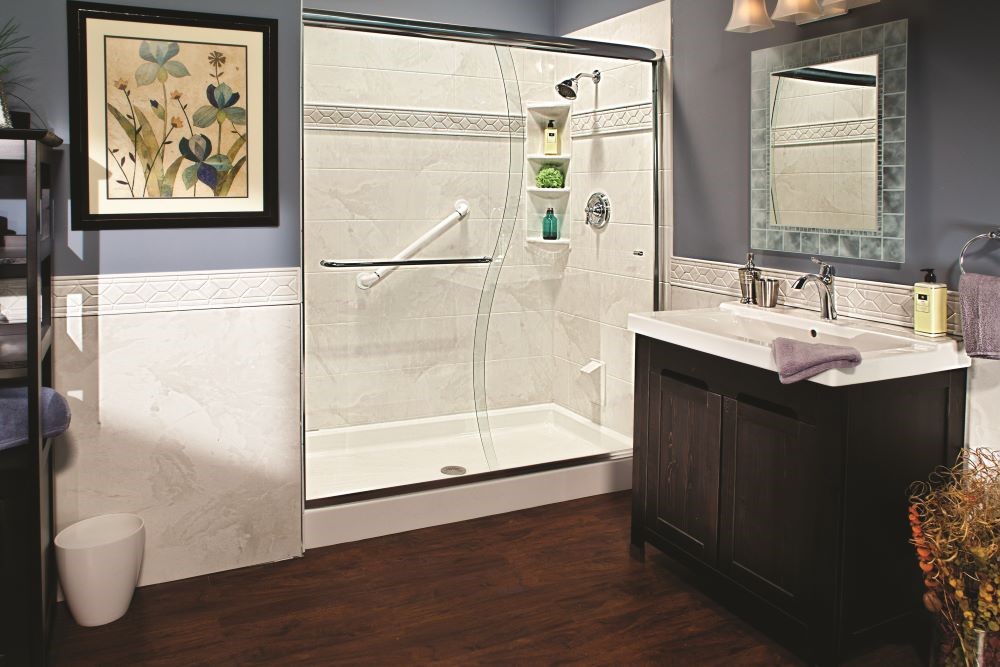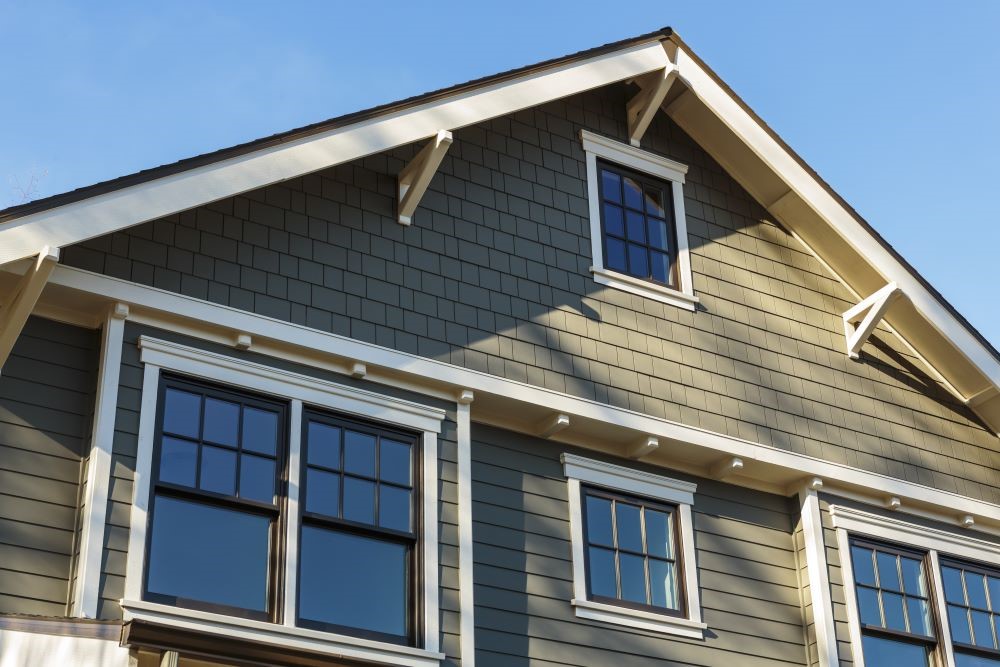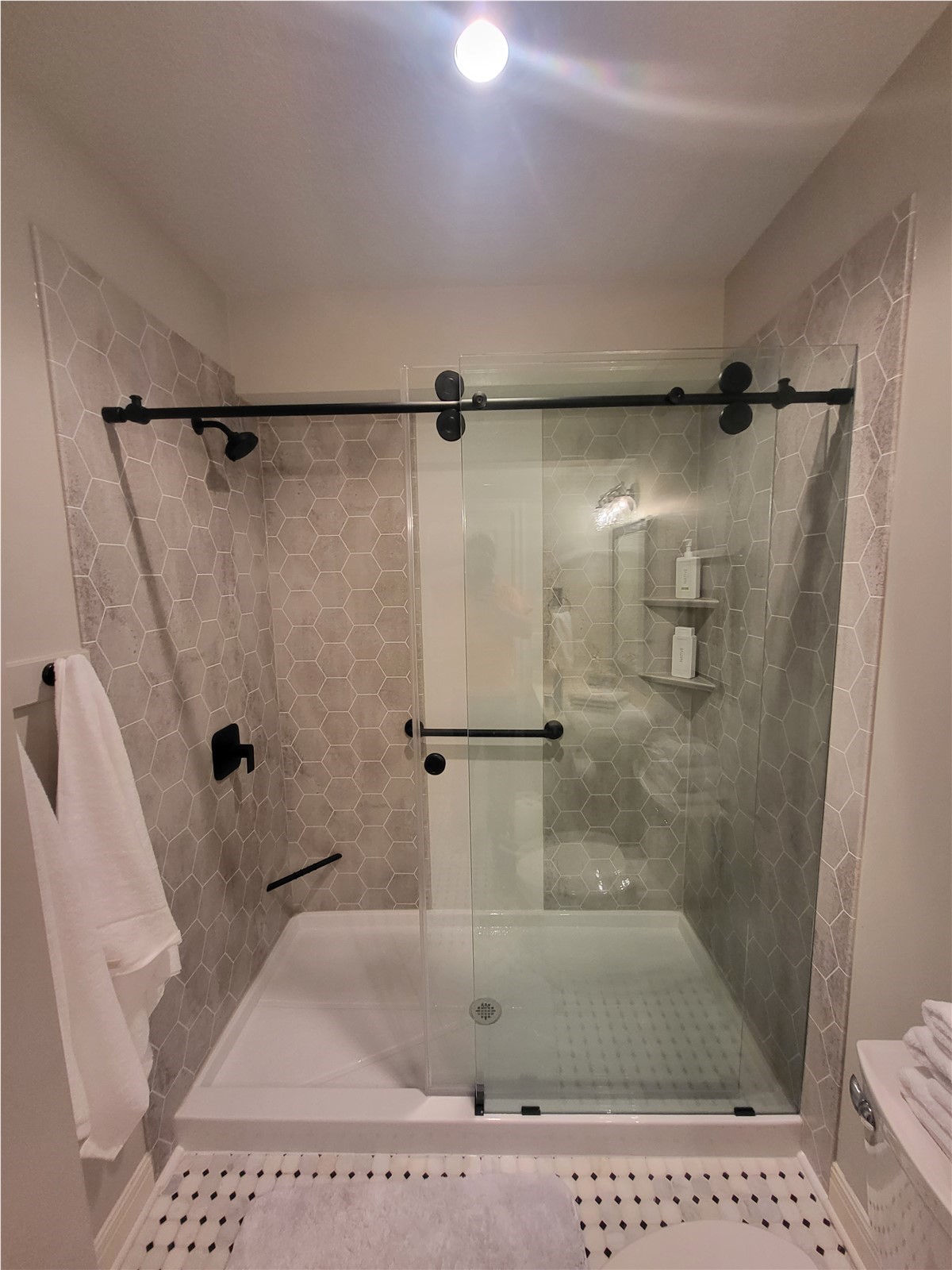Hiring a home improvement contractor can be stressful, but a good contract can take away some of that stress. Good contracts protect homeowners and contractors from problems that might arise during the home improvement process.
If you’re a homeowner who will be conducting a home improvement project in the next few months, be sure to sign a well-written contract with a reputable home improvement professional. Here’s what you need to look for in the document.
Basics
Every contract should list basic information about where the job will be conducted, which parties are involved, when the job will take place, and how long it will take. Look for the following:
- Start date
- End date
- Address where work will take place
- Name of contractor, business name, and address
- Name of client and home address
This information is typically clearly laid out in the opening sections of the contract.
Itemized List of Materials
Every contract should include an itemized list of required materials. This itemized list should be specific, including brand names, models, dimensions, and so on.
For example, if the home improvement project involves installation of a bathroom sink, the itemized list of materials should specify which company makes the sink, what the sink will be made from, what color the sink will be, how big it will be, what shape it be, and so on.
In some cases, the contract might be drawn up before specific fixtures have been selected. In this case, the itemized list should include a place holder for the item and an approximate amount that the homeowner might expect to spend on that item.
Doing this can help the homeowner determine approximately how much the home improvement project will cost, even if some of the specifics are not yet determined. Once the final fixtures have been chosen, a change order can be written to update the price of the contract.
The itemized list may also include the price of labor for the contractor and employees, plus an estimated number of hours that the employees may need to work.
Payment Terms
Most contractors have specific payment requirements. Some will accept checks, others will not. Some contractors have the ability to finance a job, others require all payment upon completion of the job.
Most contractors will expect a deposit at the beginning of the job, to pay for materials. The amount the contractor requires may vary depending on the work being done. The deposit should be laid out in the contract, including a due date. If the final payment is due upon completion, this too should be outlined in the contract.
Demolition Disposal and Clean Up Information
Usually the demolition process at the beginning of a home improvement project will produce a lot of waste that must be taken to the landfill. More waste is produced throughout the project, so that when the home improvement process is over, you may have a lot of clean up to do.
For this reason, many contracts should include information about who cleans up and who will pay the landfill disposal fees.
Permitting Information
Many major home improvement projects require permits from the local assessor’s office. If your home improvement project will require permits, the contract should specify who will pull the permit and how the fees will be paid.
Work With a Reputable Contractor
If you’re planning to pay a contractor for a home improvement project in the next several weeks, seek a contractor who provides a rock-solid contract that you can understand.
If you have questions about what information should be found in your home improvement contract, contact Four Seasons Home Products. We’ll be happy to answer your questions and give you information that can help.
Subscribe to Four Seasons Home Products's Blog








Comments